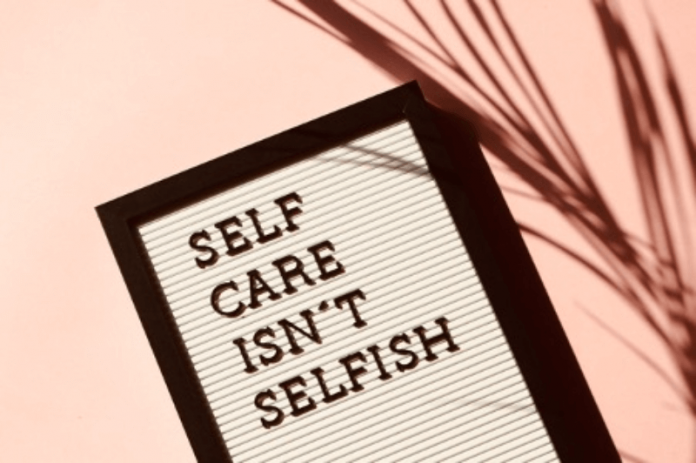Your health and wellbeing are important. With summer approaching, it’s a great time to make lifestyle changes to improve your mental and physical health. Poor health and wellbeing have many negative effects, from increased stress and blood pressure levels to feeling anxious and depressed. In this post, we take a look at the seven ways you can improve and strengthen both your mental and physical health and wellbeing.
Adequate Sleep
Most of us don’t get the eight or more hours of sleep that adults need. Over time, a shortage of sleep can have consequences on your physical health. We’re not just talking about being grumpy or more groggy than usual. Regular poor sleep puts you at risk of serious medical complications, including heart attack, stroke, diabetes and obesity. It also shortens your life expectancy. If you struggle to fall asleep, a regular bedtime routine can help you wind down and prepare for bed. Aim to sleep and wake up at the same time every day, even on weekends and limit your screen time before bed to help you fall deep into slumber.
Physical Activity
According to the NHS, physical activity can help reduce your risk of major cardiovascular illnesses, such as heart disease and stroke and lower your risk of early death by up to 30%. It’s free, easy to do and starts working immediately. The great thing about it is that anyone can exercise – no matter what age. Regular exercise can improve your mental health, sleep quality, and energy levels and reduce your risk of severe health complications such as stress, depression, dementia, and Alzheimer’s disease. To maintain a healthy body, it’s recommended that adults be active every day and aim to achieve around 150 minutes of physical activity per week through various resistance and cardio-based exercises.
Nutrition
Most people know that the key to a healthy body is exercise and a balanced diet, but the benefits of a good diet go far beyond maintaining a healthy weight. Practising good nutrition can help reduce your overall risk of developing severe diseases, lower high cholesterol, reduce high blood pressure and improve your mental health. Good nutrition is critical, so plan your meals to include plenty of leafy green veg, a source of protein such as lean meats like biltong and consider your healthy fats such as Avocado.

Drinking water
It’s recommended that you drink around eight glasses of water per day, and although there is little science behind this rule, ensuring you’re hydrated throughout the day is essential to ensure a healthy body and mind. Not only does hydration affect energy levels and brain function, but it can also help to maximise physical performance, helps to prevent headaches and can help to aid weight loss.
Limit screen time
Most workers stare at their computer screen for long periods each day. Some people get almost 12 hours of screen time every day. And while how much screen time you get may not seem like a potential health hazard, it can cause severe eye discomfort and sleep issues. Limiting screen time can help you boost your health and productivity and reduce eye strain, improve your sleep, increase your focus and prevent headaches. You can also wear contact lenses that can filter blue light. You can get one from this website.
Stop Smoking
Smoking can lead to a whole host of illnesses and complications such as respiratory diseases and cancers. It can also lead to stained teeth and gum disease too. Stopping smoking is extremely important to boost overall physical health, but it has also been proven to boost your mental health and wellbeing too, alleviating symptoms of stress and anxiety. When you stop smoking, you not only begin to see the benefits within 2-12 weeks, but you can also save a significant amount of money too. Bonus!
Get outdoors
Spending time outdoors, especially in gorgeous leafy green areas such as local parks and nature reserves, is one of the easiest (and cheapest) ways to boost your physical and mental health. Spending 20-minutes in the outdoors has been proven to lower stress levels, blood pressure and heart rate, all while encouraging light exercise such as walking and hiking and improving overall happiness. Next time you’re feeling the stress of everyday life, try going for a brisk 20-minute walk – you will come back feeling refreshed, energised and feeling as though a weight has been lifted.
Disclaimer: This article contains sponsored marketing content. It is intended for promotional purposes and should not be considered as an endorsement or recommendation by our website. Readers are encouraged to conduct their own research and exercise their own judgment before making any decisions based on the information provided in this article.


































